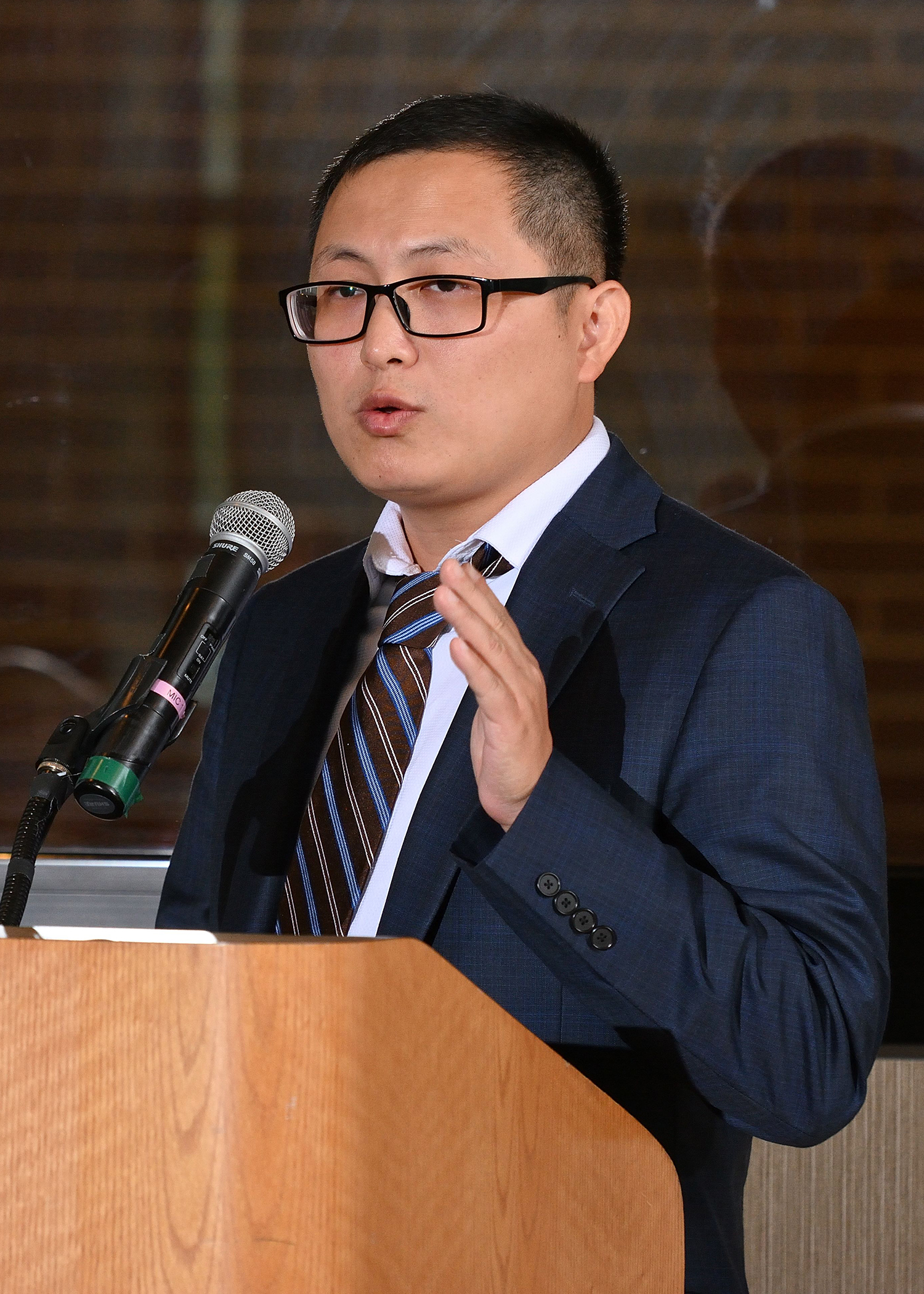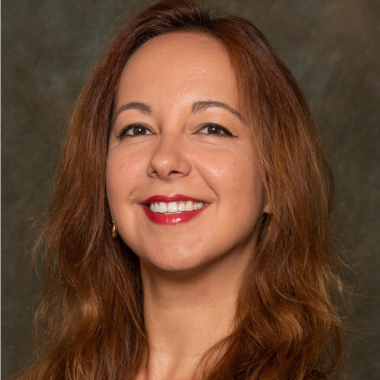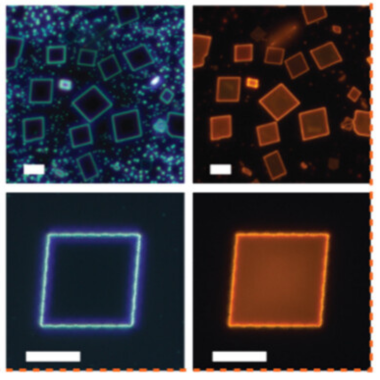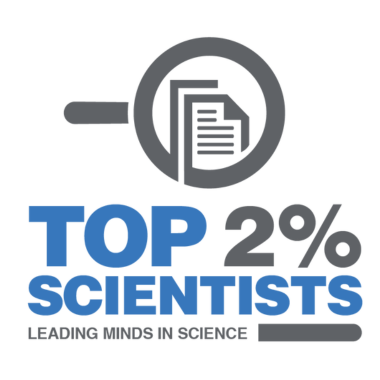Tuo Wang receives American Chemical Society's Horace S. Isbell Award
Michigan State researcher Tuo Wang has received the 2025 Horace S. Isbell Award from the American Chemical Society, or ACS.
This prestigious accolade recognizes research excellence and the promise of future pioneering discoveries in the realm of carbohydrate chemistry.
“It’s absolutely a great source of inspiration that motivates me to keep raising the bar, and strive to make more significant contributions to science,” Wang said, who is a Carl H. Brubaker, Jr. Endowed Professor in MSU’s Department of Chemistry and specializes in the application of nuclear magnetic resonance, or NMR, to biomaterials.

Awarded annually by the ACS’s Carbohydrate Chemistry and Chemical Glycobiology Division, Wang joins previous Isbell-winners such as Nobel laureate Carolyn Bertozzi, Fellow of National Academy of Sciences Laura Kiessling, and fellow Spartan, Xuefei Huang.
“Tuo has made groundbreaking contributions in structural glycobiology for investigating cellular carbohydrates and unraveling their structure and chemistry in living organisms,” Huang said, who is a professor in MSU’s Departments of Biomedical Engineering and Chemistry.
“Through the development of cellular solid-state NMR and other biophysical techniques, he has revolutionized our understanding of carbohydrate polymers in their native cellular environment,” added Huang, who nominated Wang for this year’s award.
By applying solid-state NMR to intact and often living cells, Wang is expanding our fundamental knowledge of biomaterials — work with far-reaching applications for energy and human health.
Wang’s research specifically explores the complicated architecture of carbohydrate-rich cell walls.
In plants, these structures play critical roles in the production of biofuels, while in fungi they’re key targets for new and improved anti-fungal medicine.
Across a diverse range of carbohydrate chemistry, including expanded studies of algae and bacteria, Wang’s work continues to push the boundaries of scientific instrumentation.
“Central to all these projects is the development and application of solid-state NMR and dynamic nuclear polarization techniques, which is the part I’m most excited about” said Wang, referencing a method that greatly boosts NMR studies of cellular carbohydrates.
Wang will officially accept his honor at the 2025 ACS Spring conference in San Diego, where he will be joined by Huang for a series of scientific talks.



